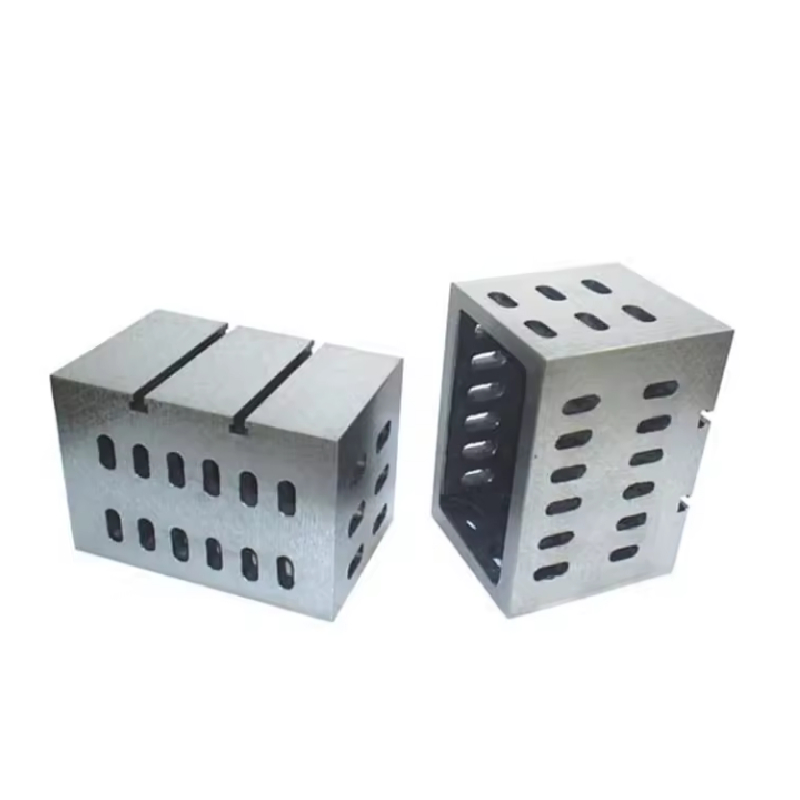Nov . 01, 2024 03:26 Back to list
Optimized Performance of Balanced Globe Valve for Efficient Fluid Control Systems
Understanding Balanced Globe Valves A Key Component in Fluid Control Systems
Balanced globe valves are critical components in various industrial applications, renowned for their effectiveness in regulating and controlling fluid flow. These valves are designed to maintain a constant pressure differential, thereby enhancing their performance and longevity. In this article, we explore the unique features, applications, and benefits of balanced globe valves, as well as their importance in modern fluid control systems.
Design and Functionality
Balanced globe valves differ from traditional globe valves in their unique design, which includes a balanced plug that reduces the pressure drop across the valve. The valve consists of a spherical body with an internal baffle that divides the flow path, creating two flow directions. This design allows for more controlled flow and less turbulence, making balanced globe valves ideal for applications where precise flow regulation is crucial.
The balancing mechanism in these valves ensures that the force acting on the disc is evenly distributed, minimizing wear and tear on the valve components. This characteristic not only enhances the durability of the valve but also ensures smooth operation, even under varying pressure conditions. As a result, balanced globe valves can effectively handle fluctuations in the fluid system, which is vital for maintaining operational efficiency.
Applications
Balanced globe valves are widely used across various industries, including chemical processing, oil and gas, water treatment, and HVAC systems. In chemical plants, for example, these valves are employed to regulate the flow of corrosive and high-temperature fluids, ensuring safety and efficiency. Similarly, in the oil and gas sector, balanced globe valves manage the flow of hydrocarbons, preventing leaks and ensuring that the process runs smoothly.
balanced globe valve

In HVAC systems, these valves play a crucial role in controlling the heating and cooling processes, contributing to energy efficiency and environmental sustainability. Their design allows for minimal pressure loss, making them ideal for applications where energy conservation is a priority.
Benefits
The primary benefits of balanced globe valves include their reliable performance, longevity, and ability to manage pressure drops efficiently. Their balanced design reduces the likelihood of cavitation and flow-induced vibrations, which are common issues in fluid control systems. By mitigating these risks, balanced globe valves enhance system stability and reliability.
Additionally, balanced globe valves provide excellent throttling capabilities, making them suitable for applications requiring precise flow control. This feature allows operators to adjust flow rates accurately, leading to improved process control and efficiency.
Conclusion
In summary, balanced globe valves are indispensable components in fluid control systems, offering numerous advantages over traditional valve designs. Their ability to maintain pressure balance and provide precise flow regulation makes them a preferred choice in various industrial applications. As industries continue to evolve and demand more efficient and reliable fluid handling solutions, balanced globe valves will remain at the forefront of technological advancements, ensuring safety, efficiency, and sustainability in fluid management. Investing in high-quality balanced globe valves is essential for any operation aiming to enhance its fluid control processes.
-
Y Type Strainer Maintains System Efficiency Long TermNewsJul.15,2025
-
Valve Selection Guide for Industrial ApplicationsNewsJul.15,2025
-
Steel Fab Table Provides Durable Work Surface for WeldingNewsJul.15,2025
-
Pad Iron Provides Stable Support for Heavy MachineryNewsJul.15,2025
-
One Inch Check Valve Fits Standard Plumbing SystemsNewsJul.15,2025
-
Measuring Micrometer Ensures Precise Dimensional AccuracyNewsJul.15,2025
Related PRODUCTS









